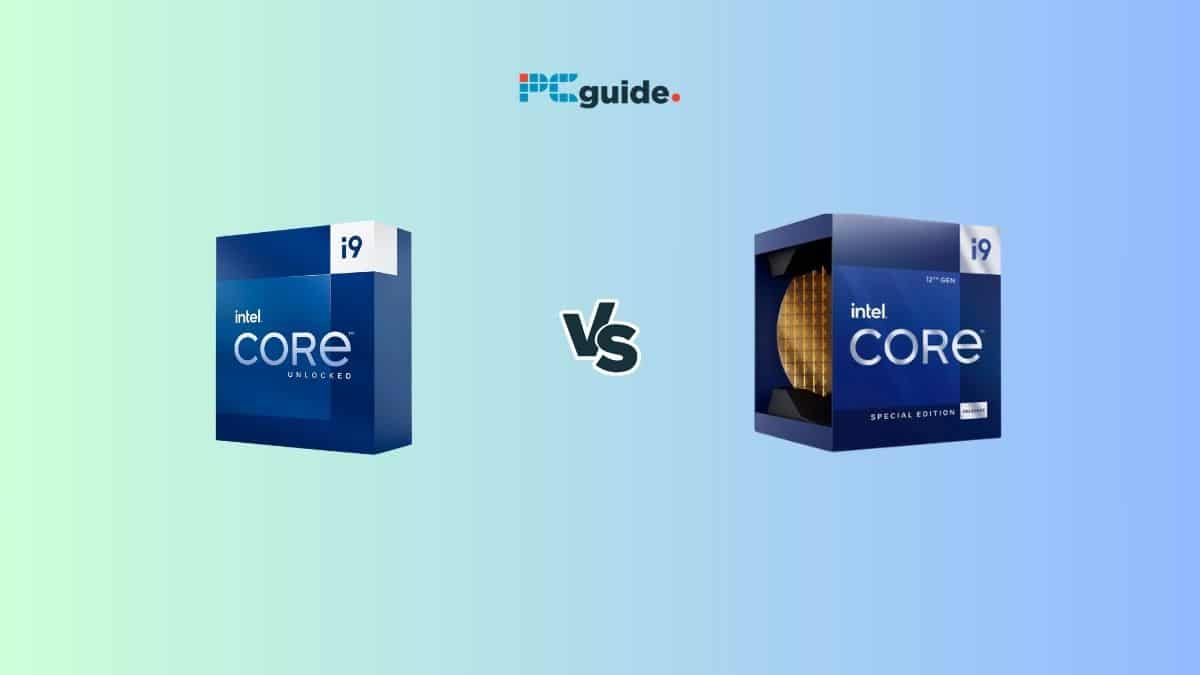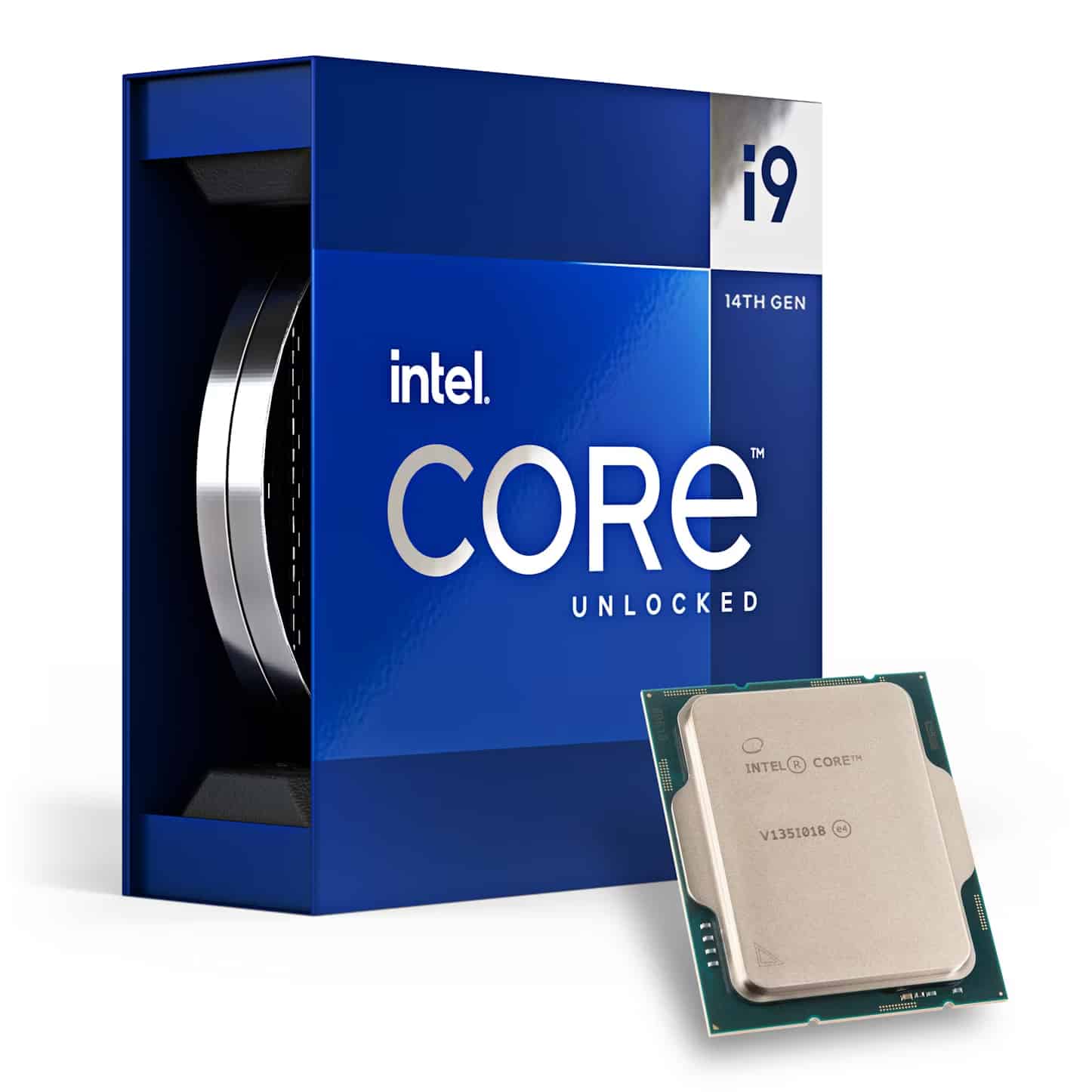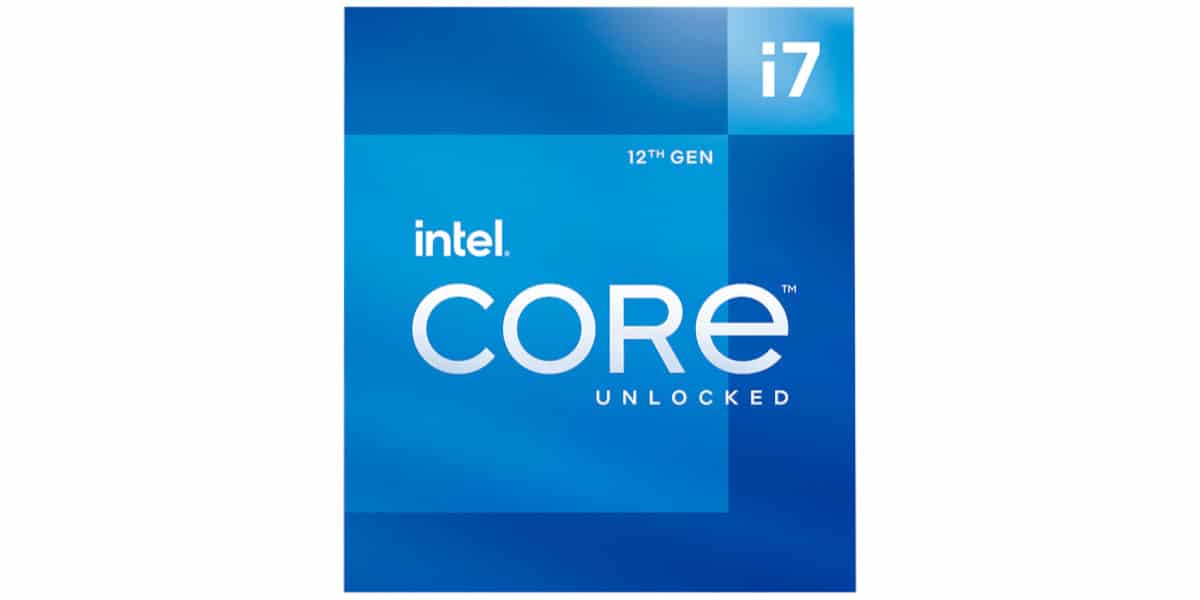Core i9-14900KS vs Core i9-12900KS: Time to upgrade?

Table of Contents
Core i9-14900KS vs. Core i9-12900KS, is it time to upgrade? Intel’s highly anticipated “KS” CPU release continues with the buzz worthy Core i9-14900KS. Leaked specifications promise superior performance, leaving PC enthusiasts eager to see how it stacks up against its predecessor, the Core i9-12900KS.
In this blog post, we’ll dive into a detailed comparison, dissecting specs and performance potential. Get ready to discover if the latest KS chip justifies an upgrade, as anticipations run high for Intel’s upcoming powerhouse!
Prime Day may have closed its doors, but that hasn't stopped great deals from landing on the web's biggest online retailer. Here are all the best last chance savings from this year's Prime event.
- Sapphire Pulse AMD Radeon™ RX 9070 XT Was $779 Now $719
- AMD Ryzen 7 7800X3D Processor Was $449 Now $341
- Skytech King 95 Ryzen 7 9800X3D gaming PC Was $2,899 Now $2,599
- LG 77-Inch Class OLED C5 TV Was $3,696 Now $2,996
- AOC Laptop Computer 16GB RAM 512GB SSD Was $360.99 Now $306.84
- Lexar 2TB NM1090 w/HeatSink SSD Was $281.97 Now $214.98
- Apple Watch Series 10 GPS+ Smartwatch Was $499.99 Now $379.99
- AMD Ryzen 9 5950X processor Was $3199.99 Now $279.99
- Garmin vívoactive 5 Smartwatch Was $299.99 Now $190
*Prices and savings subject to change. Click through to get the current prices.
Core i9-14900KS vs. Core i9-12900KS: Specs comparison
The Core i9-14900KS is now official, with a confirmed launch date of March 14, 2024. Leaked specs suggest it will be a significant upgrade over the i9-12900KS.
Let’s break down the key differences:
- Core Power Unleashed: The i9-14900KS boasts 24 cores (8 performance, 16 efficiency) compared to the i9-12900KS’s 16 cores. This extra power translates to faster rendering, encoding, and smoother handling of demanding multitasking workloads.
- Clock Speed Advantage: While the i9-14900KS has a slightly lower base clock (3.2 GHz vs. 3.4 GHz), its boosted clock speed of 6.2 GHz is a noteworthy jump over the i9-12900KS’s 5.5 GHz. This could mean better single-core performance in tasks like gaming.
- Cache Matters: The i9-14900KS increases both its L2 and L3 cache sizes, potentially speeding up data access and improving overall efficiency.
Other considerations
- Motherboard Compatibility: Ensure your motherboard supports the latest 14th generation Intel chips if considering the i9-14900KS.
- Power & Cooling: Both CPUs have a TDP of 150W, meaning they’ll need robust cooling and power supplies.
- Intel UHD Graphics: Don’t expect significant leaps in integrated graphics between the two generations. These CPUs will need dedicated graphics cards for serious gaming.
Specs table
| Specification | Core i9-14900KS | Core i9-12900KS | Notes |
|---|---|---|---|
| Performance Cores (P-Cores) | 8 | 8 | Same count, but i9-14900KS has higher clocks |
| Efficiency Cores (E-Cores) | 16 | 8 | i9-14900KS doubles the E-cores |
| Total Cores | 24 | 16 | Significant difference, i9-14900KS wins in multi-core tasks |
| L3 Cache | 36MB | 30MB | i9-14900KS’s larger cache could improve performance |
| Base Clock Speed (P-Cores) | 3.2 GHz | 3.4 GHz | Small difference, i9-14900KS boost clock is much higher |
| Max Boost Frequency (P-Cores) | 6.2 GHz | 5.5 GHz | i9-14900KS offers better single-core performance |
| Architecture | Raptor Lake Refresh | Alder Lake | Newer architecture could have improvements beyond clock speeds |
| TDP (Base Power) | 150W | 150W | Similar power demands, but i9-14900KS might offer better performance per watt |
Core i9-14900KS vs. Core i9-12900KS: Performance
If the rumors hold true, the Core i9-14900KS promises a significant performance leap over its predecessor, the Core i9-12900KS.
| Specification | Core i9-14900KS | Core i9-12900KS | Notes |
|---|---|---|---|
| Performance Cores (P-Cores) | 8 | 8 | Same count, but i9-14900KS likely has higher clock speeds |
| Efficiency Cores (E-Cores) | 16 | 8 | i9-14900KS doubles the E-cores for better multitasking |
| Total Cores | 24 | 16 | Significant difference, i9-14900KS wins in heavily threaded tasks |
| L3 Cache | 36MB | 30MB | i9-14900KS’s larger cache could improve data access speed |
| Base Clock Speed (P-Cores) | 3.2 GHz | 3.2 GHz | Potentially higher boost clocks on the i9-14900KS |
| Max Turbo Frequency (P-Cores) | 6.2 GHz | 5.5 GHz | i9-14900KS offers a likely single-core performance advantage |
| Architecture | Raptor Lake Refresh | Alder Lake | Newer architecture could have efficiency gains |
Here’s why:
- More Cores, More Power: The i9-14900KS’s rumored additional P-cores and a greater overall core count suggest major gains in multithreaded workloads like video editing, 3D rendering, simulations, and other demanding content creation tasks.
- Clock Speed Boost: The i9-14900KS’s potentially higher clock speeds (with enhanced Turbo Boost) could mean snappier everyday performance and higher gaming framerates (if your graphics card is potent enough).
- Cache Advantage: A larger L3 cache might help the i9-14900KS keep data close to its cores, which could boost efficiency and reduce loading times in various applications
- Leaked Benchmarks: While we need official tests, leaked Cinebench scores suggest substantial gains for the i9-14900KS, demonstrating its potential as a powerhouse CPU suitable for professional-level workloads.
Beyond the specs
- Architectural Improvements: Intel’s Raptor Lake Refresh architecture (on the i9-14900KS) likely includes efficiency improvements over the 12900KS’s older design, even if clock speeds were similar.
- Overclocking Potential: Both these “KS” series CPUs are likely unlocked for overclocking, which could further boost performance, but risks stability and voids your warranty.
- Competition from AMD: It’s crucial to see how AMD’s latest CPUs stack up against the i9-14900KS, as they often offer competitive performance and value.
Important note
These performance gains are based on leaks and rumors. We need official benchmarks on the i9-14900KS to confirm its true advantage over the desktop beast that is the i9-12900KS.
Core i9-14900KS vs. Core i9-12900KS: Price and value
The Core i9-14900KS, as Intel’s latest flagship processor, will likely command a premium price – potentially around $765. This aligns with the launch price of the i9-12900KS. Here’s how to decide if it’s worth it for you:
- Who is it for? The i9-14900KS targets tech enthusiasts and professionals who need absolute peak performance. If you do heavy content creation (3D work, video editing, etc.), the extra cores and speed might be worth the investment if it translates to significantly faster rendering times.
- The Value Factor: We need official benchmarks to see the real-world performance gap between the two CPUs. This will help determine if the i9-14900KS’s price justifies the gains.
- Don’t Forget the Rest: Factor in costs for a compatible motherboard (if needed) and a robust cooler to handle the likely high-power draw of the i9-14900KS.
- Potential Discounts: Prices on older-gen CPUs like the i9-12900KS might drop as the i9-14900KS releases, making the i9-12900KS even more compelling for value seekers.
Price and potential value table
| Factor | Core i9-14900KS | Core i9-12900KS | Notes |
|---|---|---|---|
| Launch Price | Around $689 | Around $620 | Similar, but i9-14900KS might be slightly higher |
| Performance Gains | Significant in multi-core, decent in single-core | Excellent, but outpaced by i9-14900KS | Is the extra performance worth the higher cost of the i9? |
| Target User | Enthusiasts, content creators needing maximum power | Gamers, most users who want great performance without breaking the bank | Depends on your workload intensity |
| “Future-Proofing” | Newer architecture, more cores might give it a longer lifespan | Still potent, but i9 has the edge here | How long do you keep a CPU? |
Final verdict
In conclusion, the rumored Core i9-14900KS presents an enticing proposition for those seeking uncompromising performance in demanding workloads and gaming scenarios. With a higher core count, enhanced clock speeds, and larger cache sizes, it promises to push the boundaries of CPU performance to new heights.
However, if you prefer a budget-friendly CPU and are okay with compromising a little with the performance, the Intel Core i9-12900KS might still be the right choice.


